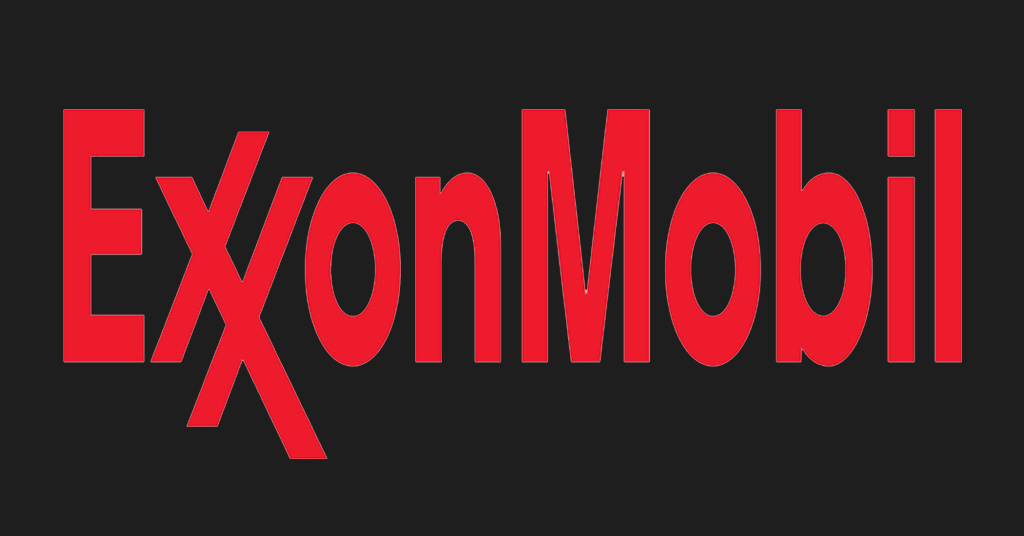Welcome To ChemAnalyst

ExxonMobil's recent announcement of a $64.5 billion deal to acquire Pioneer Natural Resources coincided with a remarkable milestone in the US oil industry. The Energy Information Administration reported that US oil production had reached a record high, with 13.2 million barrels of crude oil per day during the first week of October, surpassing the previous record established just before the onset of the COVID-19 pandemic.
This synchronicity holds significant implications, not only because it signifies ExxonMobil's significant investment in hydrocarbons or its imminent position as the largest US oil producer by a substantial margin, but also because it offers insights into the potential for enhanced future growth in US oil production.
In recent years, constraints imposed by investor demands for debt reduction and capital return have impeded the pace of growth in the US tight oil sector. During the oil boom of the 2010s, there were four years when crude production in the Lower 48 states increased by over one million barrels per day, with 2018 witnessing growth exceeding 1.5 million barrels per day. However, in the past year, growth has been less than half of that, standing at 629,000 barrels per day. While a resurgence is expected with an 812,000 barrel per day growth in 2023, the projection suggests a deceleration to a mere 157,000 barrels per day in 2024.
Unlike many recent mergers and acquisitions, which have been accompanied by cautious estimates on production growth, ExxonMobil has taken the opposite approach. The company aims to produce two million barrels of oil equivalent in the Permian Basin by 2027, representing a 150,000 barrel per day increase over the scenario without the deal.
The key difference lies in ExxonMobil's flexibility in capital allocation. Tight oil operates on short cycles, allowing for quick adjustments in response to changing market conditions. However, in the wake of the pandemic, US exploration and production companies have been less responsive to oil price fluctuations than in the past. Their priorities shifted toward debt reduction and capital return to shareholders through dividends and buybacks, rather than ramping up production. ExxonMobil, though committed to dividends, has greater freedom in this regard, raising the share of short-cycle barrels in its total production from 28% to over 40% through the Pioneer acquisition.
For policymakers, investors, and industry leaders, addressing the challenge of satisfying the world's oil demand while recognizing the impending plateau requires a multifaceted approach. ExxonMobil's acquisition of Pioneer positions the company to tackle this challenge effectively by increasing the industry's flexibility and responsiveness. This enables greater production growth during periods of high oil prices, ultimately benefitting consumers, policymakers, and the nation's energy security.
We use cookies to deliver the best possible experience on our website. To learn more, visit our Privacy Policy. By continuing to use this site or by closing this box, you consent to our use of cookies. More info.
